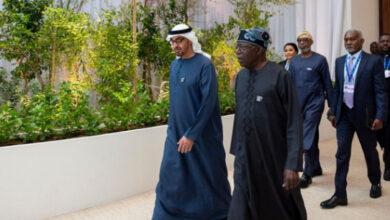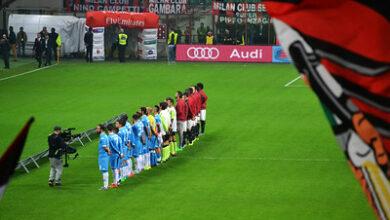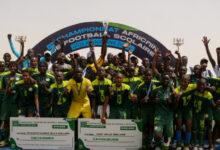November 11, 2023
Foreign Workforce Recruitment in Canada
Foreign workforce recruitment has become an increasingly important topic in Canada over the past few years. With an aging population…
November 1, 2023
The Foreigner-Friendly Work Regulations in Canada
The Foreigner-Friendly Work Regulations in Canada – Canada has long been known for its inclusive and welcoming nature, making it…
August 16, 2023
Live, Study and Work in Canada as Foreigner – Full Step-by-Step Guide
This guide covers everything from visa and immigration requirements, and job search strategies, to adapting to the Canadian workforce and…
August 16, 2023
Canada Visa Sponsorship Jobs – How to Get Sponsored to Work in Canada
How to Get Sponsored to Work in Canada – In this article, we will guide you through the process of…
August 16, 2023
10 Best Jobs in Canada that Don’t Require a Degree
Jobs in Canada that Don’t Require a Degree – Whether you’re looking for a job in healthcare, skilled trades, retail,…
August 16, 2023
How to Immigrate to Canada as an International Student
Immigrate to Canada as an International Student – In this article, we will provide a comprehensive guide on how to…
August 16, 2023
Top 10 Jobs in Canada Under International Mobility Program
In this article, we will provide a comprehensive list of jobs available in Canada under the International Mobility Program, highlighting…
August 16, 2023
Top 15 Expatriate Job Prospects in Canada
Top 15 Expatriate Job Prospects in Canada – Canada has become an increasingly popular destination for expats looking for job…
August 16, 2023
How to Work in Canada Without Experience
How to Work in Canada Without Experience – The Canadian job market offers numerous opportunities, particularly for foreign workers who bring…
August 16, 2023
10 Best Companies to Work in Canada as a Foreigner
10 Best Companies to Work in Canada as a Foreigner – To help job seekers in their search, this article will…
August 16, 2023
Canada Job Search Guide – How to Find Work in Canada
How to Find Work in Canada – This article provides a comprehensive guide on how to find work in Canada,…
July 6, 2023
Top 15 Canadian Immigration Experts Nigeria
Top 15 Canadian Immigration Experts Nigeria – With its diverse culture, high standard of living, and abundant opportunities, Canada has…
































































